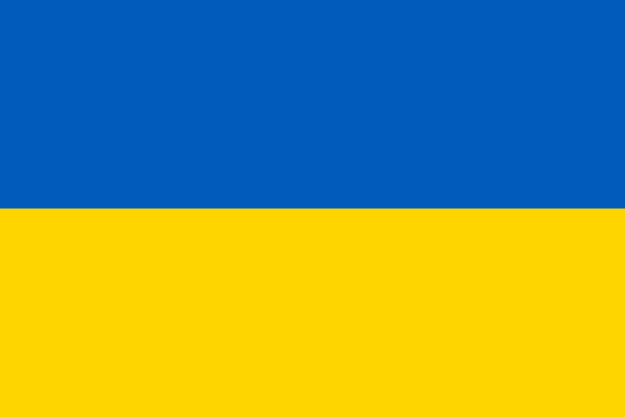
The OPCW and National Authority of the Republic of Ukraine organised a Regional Training Course for Customs Authorities in Eastern Europe on Technical Aspects of the Transfers Regime of the Chemical Weapons Convention (CWC), held in Kyiv on 18 – 22 July 2011. The course was attended by 20 participants representing 16 States Parties in the region. 1
The course was opened by Mr. Ruslan Nimchynskyi, Acting Head of Arms Control, Military and Technical Cooperation Department, Ministry of Foreign Affairs of Ukraine.
Mr Nimchynskyi stated that proper implementation of the transfers regime is a key obligation under the Convention that ensures the fullest possible exchange of chemicals for peaceful purposes. He noted that the CWC is the singular legal instrument comprehensively banning chemical weapons and the misuse of chemistry, including the illegal transfers of relevant materials and equipment. Mr Nimchynskyi said Ukraine is committed to fulfilling its obligations under international treaties and that unconditional compliance with the CWC remains a priority in the country’s arms control, disarmament and non-proliferation policy.
The regional training covered a variety of subjects covering the transfers regime, with exercises and roundtable discussions balancing the theoretical aspects of the course. The last two days were dedicated to a new module for training of trainers (ToT) so that participants can act as trainers themselves in their workplaces, thereby transferring to others the knowledge gained during the course.
1 Armenia, Azerbaijan, Belarus, Bosnia and Herzegovina, Bulgaria, Estonia, Georgia, Hungary, Latvia, Lithuania, Macedonia, Poland, Moldova, Romania, Serbia, Ukraine.
